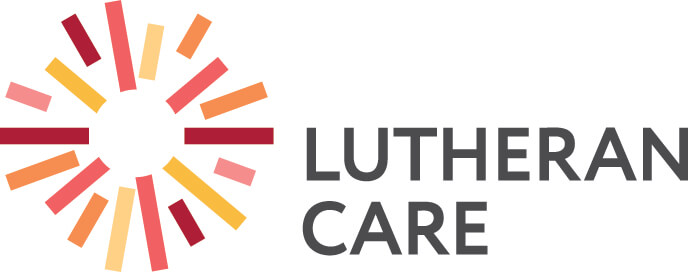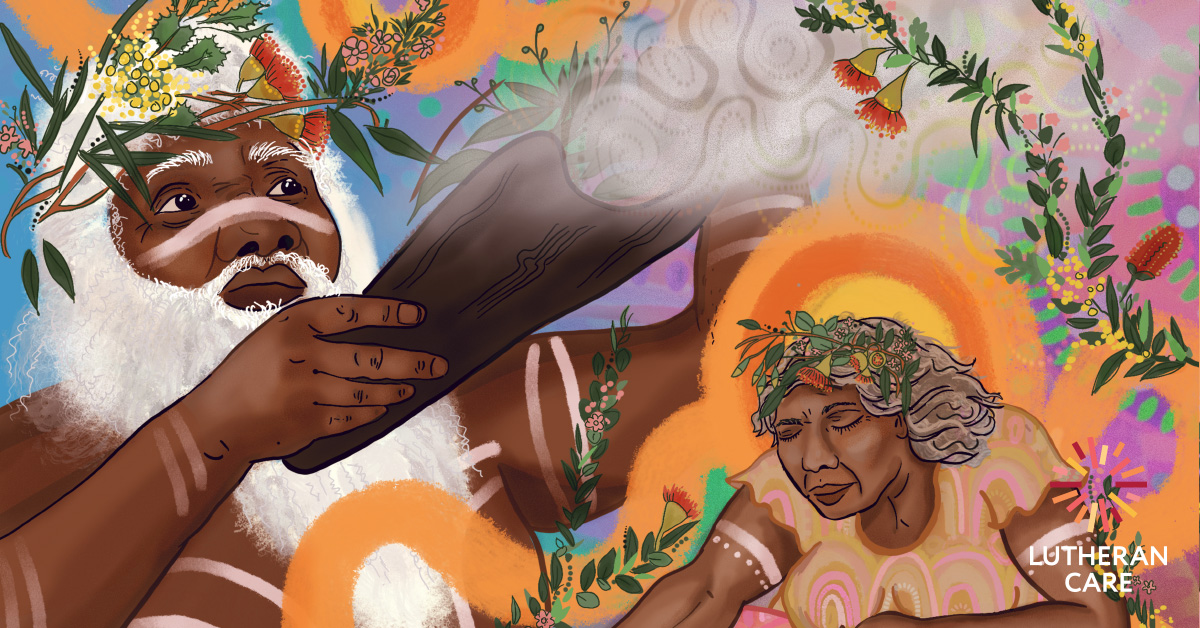This year’s theme for National NAIDOC Week is ‘For Our Elders’, highlighting the important role Elders have played and continue to play across generations.
Elders are cultural knowledge holders, trailblazers, nurturers, advocates, teachers, survivors and leaders. We can draw strength from their knowledge and experience, in everything from land management to justice and human rights.
As we continue to celebrate NAIDOC Week and the achievements of Aboriginal and Torres Strait Islander people, we wanted to highlight some influential First Nations people that we think everyone should know more about. Across multiple sectors like health, education, the arts, politics and everything in between, they have helped move us forward today.
Alitya (Alice) Rigney was Australia’s first female Aboriginal school principal and devoted her life to education, teaching more than 5000 Aboriginal students. Born at Point Pearce on the Yorke Peninsula, she was a Kaurna and Narungga Elder. Rigney established the first urban Aboriginal school in Australia, the Kaurna Plains Primary School, which a number of schools have since been modelled on. Before her groundbreaking initiative, there were no urban Aboriginal schools in Australia that taught Aboriginal children in their own language and culture. Rigney passed away in May 2017.
Aunty Yvonne Agius is an Esteemed Elder of both Kaurna and Narungga descent. She is a strong advocate for Aboriginal women’s rights and is committed to telling the courageous stories of many women who fought long and hard for Aboriginal rights. Aunty Yvonne worked as a public servant for over 40 years and continues to offer her time to a range of community groups and committees. In 2000, she was named National NAIDOC Female Aboriginal Elder of the Year.
Uncle Moogy (Major Sumner) is a well-respected Ngarrindjeri and Kaurna Elder. He is a world-renowned cultural ambassador of arts, crafts and traditional culture, and a long-time defender of South Australia’s environment. In 2022, he was inducted into the South Australian Environment Hall of Fame for his efforts to protect and preserve Country, and promote the importance of caring for land and water.
Lowitja O’Donoghue was born in Indulkana in 1932 and was one of many Indigenous children separated and removed from her family (a member of the Stolen Generations). Her 60-year career began as a nurse at the Royal Adelaide Hospital where, despite the racial discrimination at the time, she reached the position of Charge Sister. O’Donoghue later worked as a trained nurse and welfare officer in remote Aboriginal communities and began advocating for justice for Indigenous people, including campaigning on the 1967 Referendum. In 2008, Prime Minister Kevin Rudd sought O’Donoghue’s counsel in preparation for the historic Apology to the Stolen Generations. Her many successes and work on behalf of her people have been justly recognised by the large number of awards and honours she has received in her career.
David Unaipon was born in 1872 at Raukkan on Lake Alexandrina. From a young age, he was a keen student, particularly interested in science, literature and music. Many of his ideas and designs were ahead of their time, including his invention of a helicopter based on the motion of a boomerang, a sheep shearing machine and an improved handpiece for shears that revolutionised the wool industry. He was a proud Narrindjeri man and a spokesperson for improving the rights of Aboriginal and Torres Strait Islander people. Unaipon’s portrait is on the Australian $50 note issued in 1995. He passed away in 1967.
Other influential First Nations people
There are many First Nations Australians who have paved the way for the current generations to take the paths they can today. Below is just a short list of some of these influential people. (Aboriginal and Torres Strait Islander people should be aware that some of these links contain images of deceased persons)
- Oodgeroo Noonuccal
- Eddie Mabo
- Jack Patten
- Dr Thancoupie Gloria Fletcher
- Faith Thomas
- Pearl Gibbs
- Lewis O’Brien
- Nova Peris
- David Gulpilli
NAIDOC Week 2023 runs from July 2 to 9. To find out more about NAIDOC Week and this year’s theme, visit the NAIDOC website.

